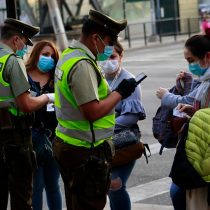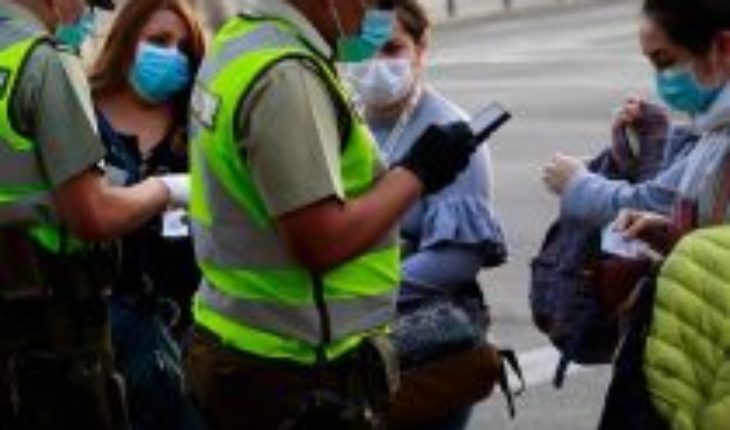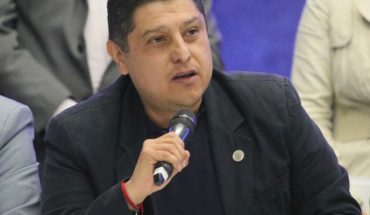
“What is the “passport or immunity card” to COVID-19 and why does it generate controversy?” a BBC report is asked of this initiative being discussed by some governments, including Chile’s, as part of its package of measures to combat the coronavirus pandemic.
The British medium rightly points out that the “Government of Sebastian Piñera may soon become one of the first in the world – apart from China – to implement such an initiative at the national level”, alluding to the star proposal of Minister Jaime Mañalich that still cannot see the light.
However, the initiative that is carefully analyzed in countries such as the United States, Germany, the United Kingdom and Spain, has its detractors.
For Ildefonso Hernández, former Director General of Public Health of Spain (2008-2011) and current spokesman of the Spanish Society of Public Health (Sespas), from the point of view of feasibility, “today it is reckless to use this”, because rapid antibody tests to determine immunity “have limited accuracy”.
But the professor of Public Health at Miguel Hernández University is not the only one who has doubts. For Glenn Cohen, an expert in health law and bioethics policy at Harvard University, the same name of immunity passports “reveals in itself a hypothesis that may prove false”, because “we simply don’t know yet if what antibodies tests detect is truly ‘immunity’ to COVID-19. It can be partial immunity, it can be immunity of uncertain duration, and multiple other unanswered questions.”
Other experts accept it with nuances, as long as they are within a comprehensive plan. “Immunity passports should be part of a carefully planned crisis exit strategy,” warns Rifat Atun, Harvard professor of Global Health Systems and advisor to the World Bank, the World Health Organization (WHO) and different governments, including Chile’s.





